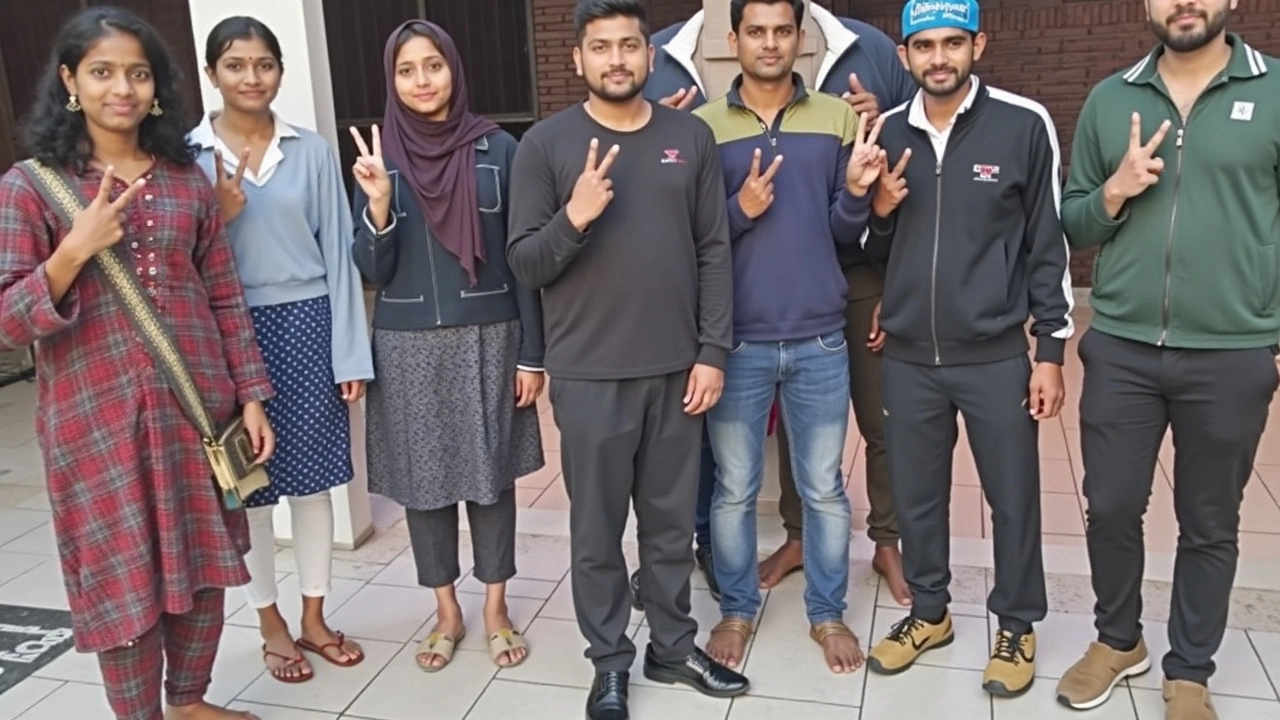What a Constable Does Every Day
If you’ve ever wondered who the officer in the uniform is when you walk past a local police post, chances are it’s a constable. A constable is the frontline worker in most police forces. Their job isn’t just about handing out tickets; they’re the first point of contact for the public and the eyes on the street.
Core Duties of a Constable
Constables handle a mix of routine and emergency tasks. They patrol neighborhoods, respond to calls, and investigate minor crimes. When a neighbor reports a break‑in, a constable is the one who arrives, takes the statement, and starts the investigation. They also manage traffic, direct vehicles at busy intersections, and help with crowd control during events. In short, they keep daily life moving smoothly and safely.
Another big part of the job is building relationships with the community. Constables often attend local meetings, school programs, and neighborhood watches. By chatting with residents, they get a feel for local concerns and can act before a small problem becomes a big one.
Training and Skills You Need to Become a Constable
Becoming a constable isn’t something you can do overnight. Most forces require a high school diploma at minimum, followed by a rigorous training program that covers law, self‑defence, first aid, and communication skills. Physical fitness is also tested because constables need to chase suspects or handle tense situations.
Beyond the classroom, on‑the‑job training is essential. New recruits usually spend several months under the guidance of experienced officers, learning how to write reports, use radios, and handle real‑world scenarios. Interpersonal skills matter a lot—being able to calm an angry driver or listen to a distressed child can make a huge difference.
Many constables continue their education while on duty. Courses in forensic science, cybercrime, or community policing can open up promotion paths. The more you know, the more you can help, and the better the chances of moving up to senior ranks.
Constables also have to stay updated on laws that change often. A new traffic regulation or a revised assault definition means they must adapt quickly. Regular briefings and refresher courses keep everyone on the same page.
In everyday life, you’ll see constables doing things that might go unnoticed—checking IDs at concerts, helping lost tourists, or simply offering a friendly smile. These small actions build trust and make neighborhoods feel safer.
So the next time you see a constable on patrol, remember they’re more than just a uniform. They’re the people who keep the streets calm, answer your questions, and step in when things go wrong. Their blend of training, community spirit, and on‑the‑ground experience makes them a vital part of law enforcement.
